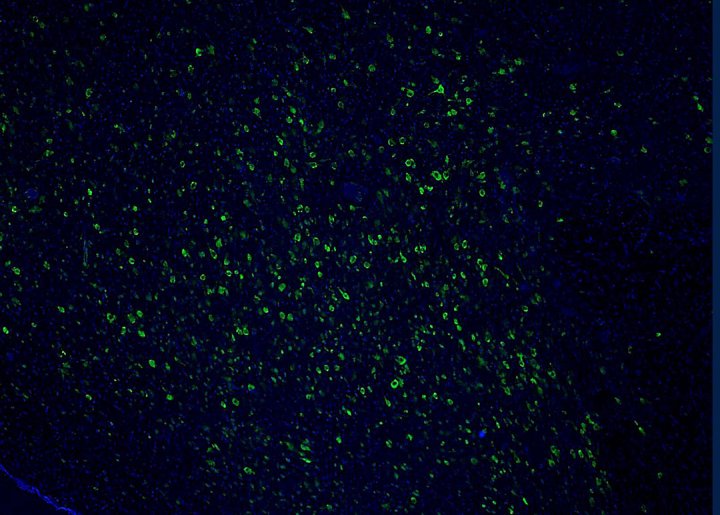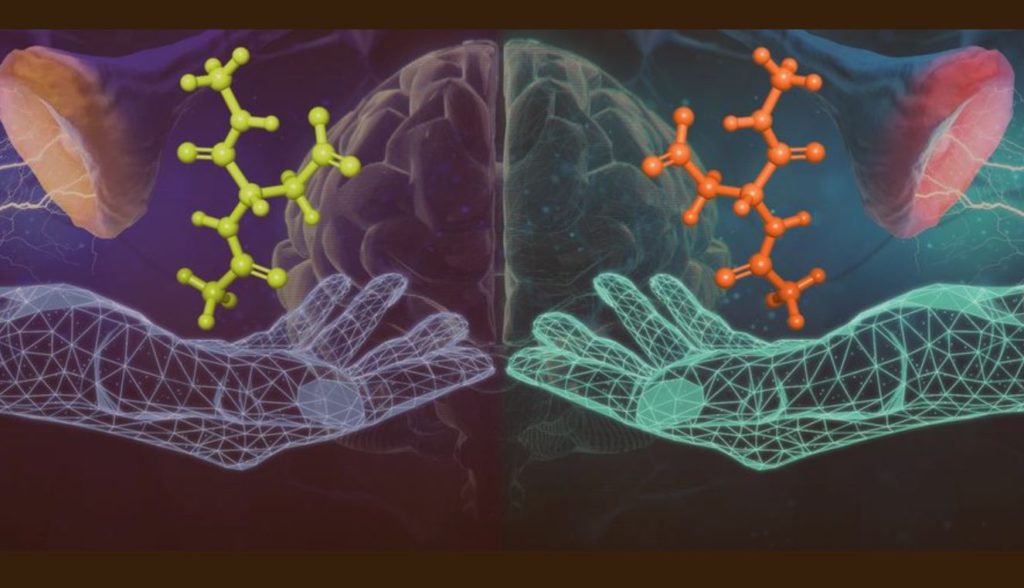
Medical researchers have used a 3D human neural cell culture model to show that the exercise-induced muscle hormone, irisin, reduces the level of amyloid beta deposits associated with Alzheimer’s disease.
Researchers who previously developed the first 3D human cell culture models of Alzheimer’s disease (AD) that displays two major hallmarks of the condition — the generation of amyloid beta deposits followed by tau tangles — have now used their model to investigate whether the exercise-induced muscle hormone irisin affects amyloid beta pathology.
As reported in the journal Neuron, the Massachusetts General Hospital (MGH)-led team has uncovered promising results suggesting that irisin-b...
Read More









Recent Comments